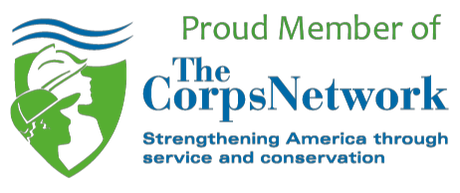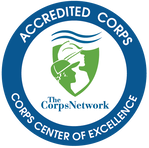|
G.E.M. Environmental is excited to share another new addition to our monthly blog series - Science Stories. Each month, we interview a STEM scholar, student, or community member and ask them things like why they believe the STEM fields are important, how they got started in their field, to what they would do if they hit the jackpot. We hope that our new blog series will inspire, introduce a variety of fields, and create new conversations. Our guest this month is Karen Broman, AmeriCorps VISTA member based in Prescott, Arizona, serving Sonoran Prevention Works (SPW), a statewide, grassroots non-profit organization focused on harm reduction education, advocacy, and evidence-based programming for the benefit of Arizonans impacted by drug use. Tell Us About You Before high school, science was NOT my favorite subject, while math has always been my jam. Algebra became part of the study of Chemistry in high school, and all of a sudden something clicked. I LOVED Chemistry in the intense way that only a teenager can, so I had no trouble determining that Chemistry should be my major when I attended college. I went to a small liberal arts school, which allowed me to double-major in Chemistry and Biology, in addition to obtaining a minor in Spanish and studying abroad twice (Netherlands & Kenya). My dream had been to become a chemist for 3M, but it turned out that there were few opportunities there at the bachelor's/entry level. I had no idea what I'd do next. Realizing that I would need to be employed sooner rather than later, and that I had really enjoyed Microbiology coursework in college, I applied to a Medical Technology program at a large public university. This bachelor’s level discipline, which may also be called medical laboratory science or clinical laboratory science, involves high-complexity laboratory benchwork, most often in a healthcare setting. Certified clinical laboratory scientists must be proficient in clinical chemistry, hematology, microbiology, and immunohematology (aka bloodbanking), and there are a number of other specializations one can pursue on top of these. We are also trained in various phlebotomy techniques. Any time your body fluids are collected for a medical reason, they are analyzed by medical laboratory professionals like me! The tests we perform on your blood, urine, etc., are absolutely crucial to ensuring that your provider can make an accurate diagnosis and suggest the most appropriate treatment. I spent almost thirteen years working in a forensic toxicology laboratory within the United States Department of Veterans Affairs. More simply put, I did “drug testing.” The forensic piece means that every bit of labwork I performed was legally admissible in a court of law, and therefore, had to be as accurate as possible. For the nerdier readers, the bulk of my expertise lies in solid-phase extraction and mass spectrometric identification and quantitation of drugs of abuse in human urine. Why do you believe that the STEM fields are important? Regardless of whether individuals ultimately choose to pursue STEM careers, I believe that a modicum of STEM education should be required for everyone. STEM subjects encourage us to indulge our innate curiosity in a structured way. Think about, for instance, the scientific method that every kid has to learn: Make an observation or ask a question, Develop a hypothesis, Test the hypothesis by experimentation, Draw conclusions and apply them to future study. This approach provides us with a framework for inquiry and critical thinking that can be applied to any field of study, any kind of job, and honestly, many of the “problems” we encounter in our daily lives. STEM fields teach us that trial and error is a legit way to learn, that failure is not to be feared, and that there is much enrichment to be gained from being present and observant as we move through our lives. Can you describe another aspect of your life or career that is influenced or enriched by the STEM fields that people would find surprising? The attention to detail that my STEM job demanded, coupled with my strong math aptitude, have made me incredibly good at personal accounting, budgeting, filing my taxes, etc. After dealing with so many gross and/or hazardous substances in the lab, I am also REALLY good at pouring liquids from one container to another without spilling. Have you ever participated in an internship? While pursuing my medical technology degree, it was required to do clinical rotations in order to gain practical experience in each of the core competency areas I mentioned previously. This meant that I essentially got to be an intern for 4-8 weeks in several different laboratories at a few different institutions. I also had a part-time paid job for two months at one of these sites, the Mayo Clinic’s headquarters in Rochester, Minnesota. At the end of my clinical rotation at the Minneapolis VA Health Care System, I was offered a full-time job there. Since I’d been there for a few months already, it was easy to see that the job and the workplace culture would be a good fit for me. Internship experiences like this are a great way for employers & prospective future employees to take one another for a non-committal test drive What is something that people might be surprised to learn about you? In a complete departure from my very nature, I quit my secure, federal government job in September 2017 and moved from Minnesota to Las Vegas, Nevada, where I spent almost a year serving as an Executive Producer for my partner’s first independent feature film. ~~ If you'd like to learn more about Karen and her projects, follow her here: https://www.ascls.org/what-is-a-medical-laboratory-science-professional Check back next month for more Science Stories. Check out our latest trailer, which showcases the impact of our geoscience Field Experience Program and the GEM team. We hope you like it. :)
Please don't forget to subscribe to our YouTube channel. #geoscience #geology #fieldworkprogram #stemeducation #stemprograms Only a few more days to apply for a field internship with G.E.M. Environmental!
You won't want to miss this opportunity to learn and apply knowledge on-site. Apply by May 31, 2019 here. Have you discovered Science Stories yet? Each month, G.E.M. Environmental interviews a different person working in a STEM field. Our goal is to inspire people from all walks of life, introduce a variety of fields, and create new conversations. Want to be interviewed? Click here. Watch the trailer below to learn more. Attention STEM students! Are you interested in becoming an environmental steward, gaining hands-on work experience in the field, and making professional connections? G.E.M. Environmental is currently hiring 5 interns to assist with the New Mexico BLM Abandoned Mine Land (AML) program. Interns will serve as field cartographers on a team, prepare and submit detailed reports of data collected, assist in the collection, storage, and maintenance of field data, perform GIS manipulation and analysis, and more! The deadline to apply is May 31, 2019 and interns are compensated for their work. Learn more and apply here.
#STEMinternship #geologyinternship #prescottazinternship #newmexicointernship #geoscienceinternship |
Categories
All
Archives
June 2024
|
G.E.M. Environmental NFP
Geology - Engineering - Minerals - Environmental - Not for Profit
Geology - Engineering - Minerals - Environmental - Not for Profit
Community Partners
|
Programs
|
Get Involved
|
About
|
Follow Us
|
Sponsors & Donors
|
© COPYRIGHT 2017 - 2023. ALL RIGHTS RESERVED. G.E.M. Environmental NFP
GEM Environmental, GEM4STEM, GEM Corps, and Charity Rocks are all Registered Trademarks of G.E.M. Environmental NFP.
Any and all use of Trademarks or Copyrights must be authorized.
GEM Environmental, GEM4STEM, GEM Corps, and Charity Rocks are all Registered Trademarks of G.E.M. Environmental NFP.
Any and all use of Trademarks or Copyrights must be authorized.
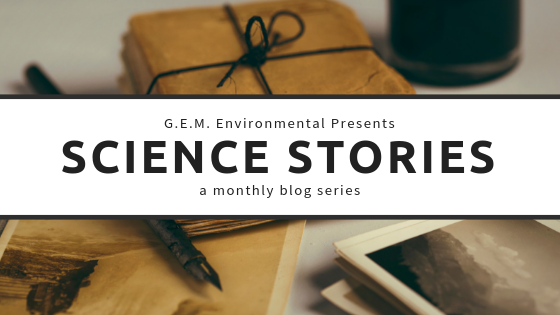
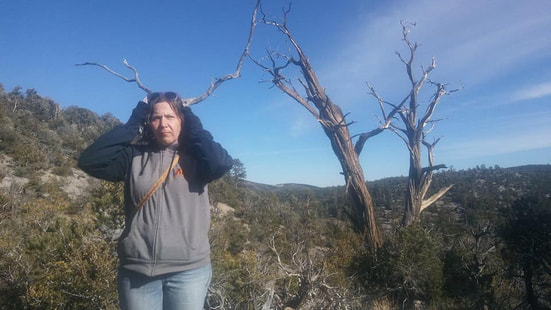
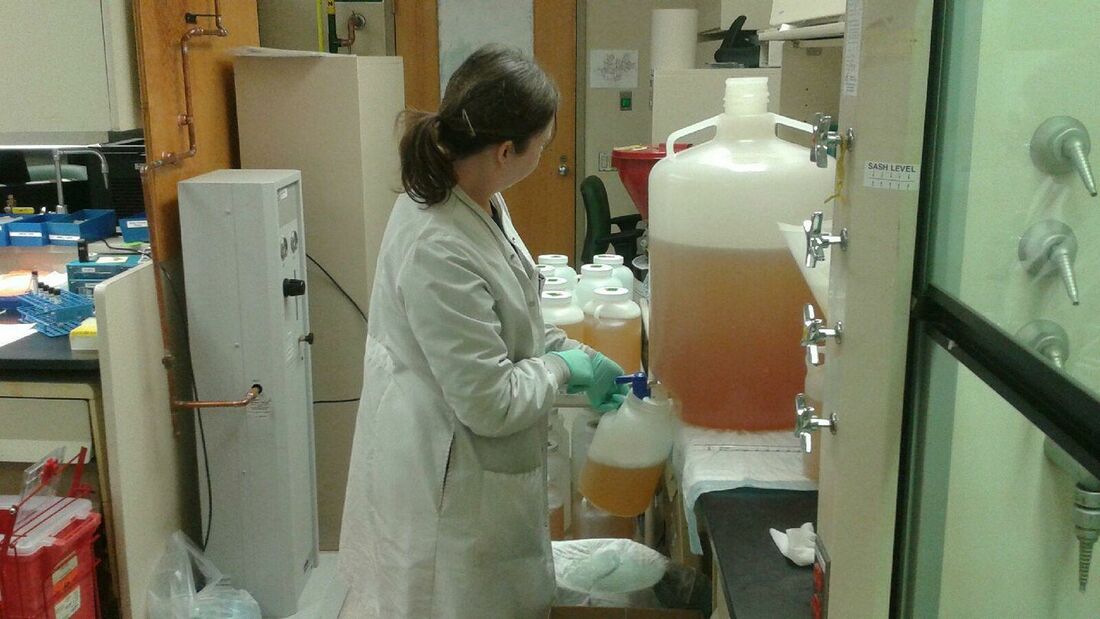
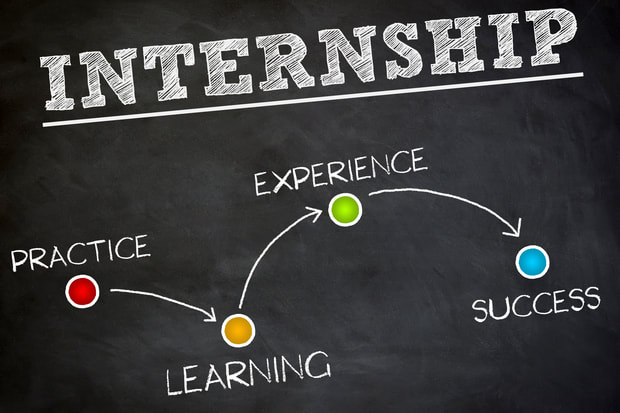
 RSS Feed
RSS Feed

